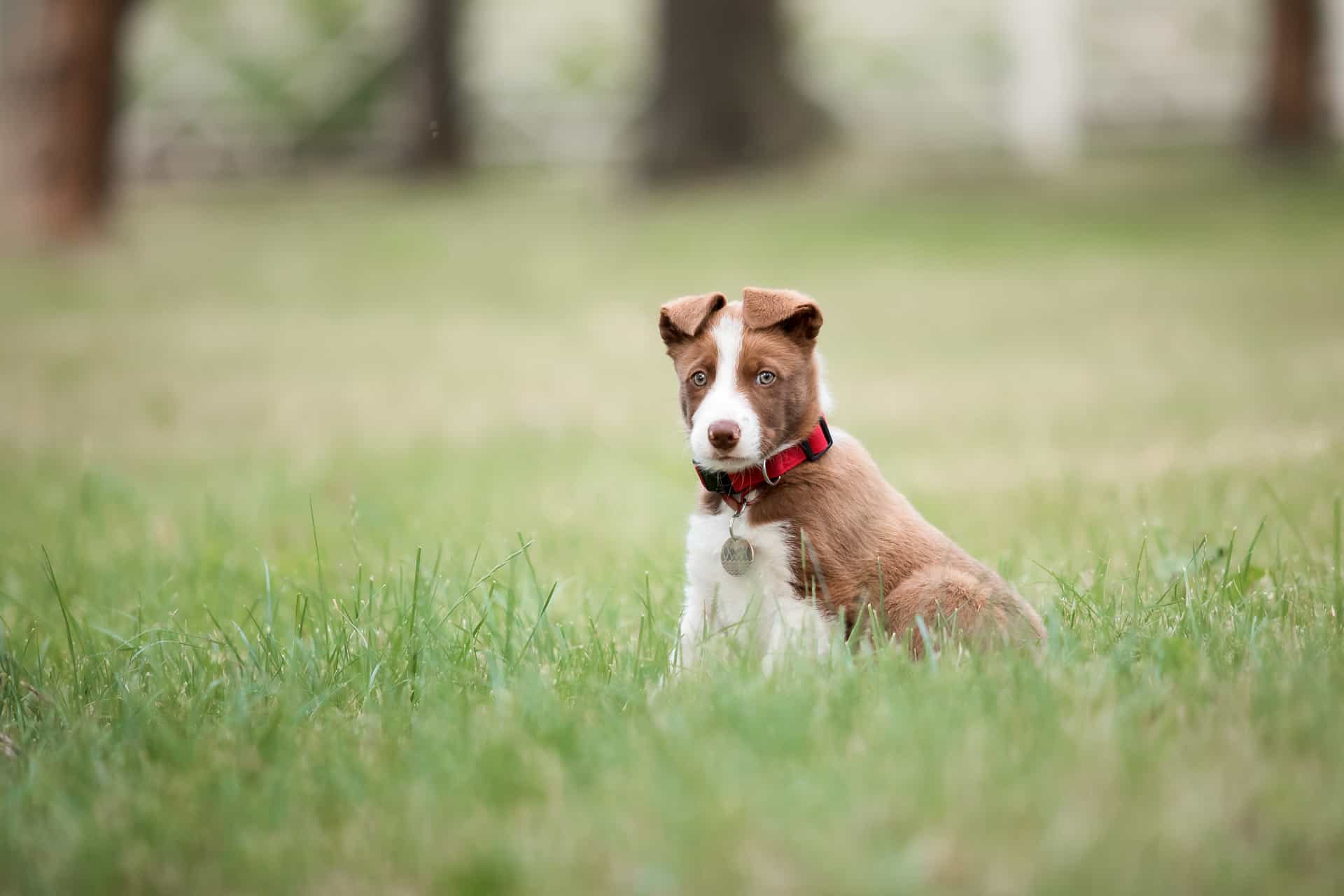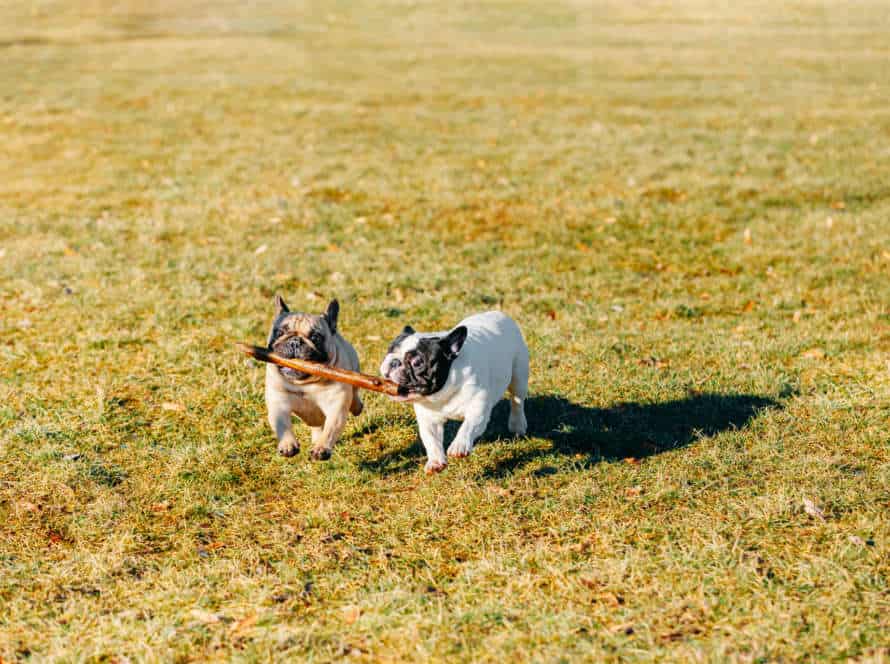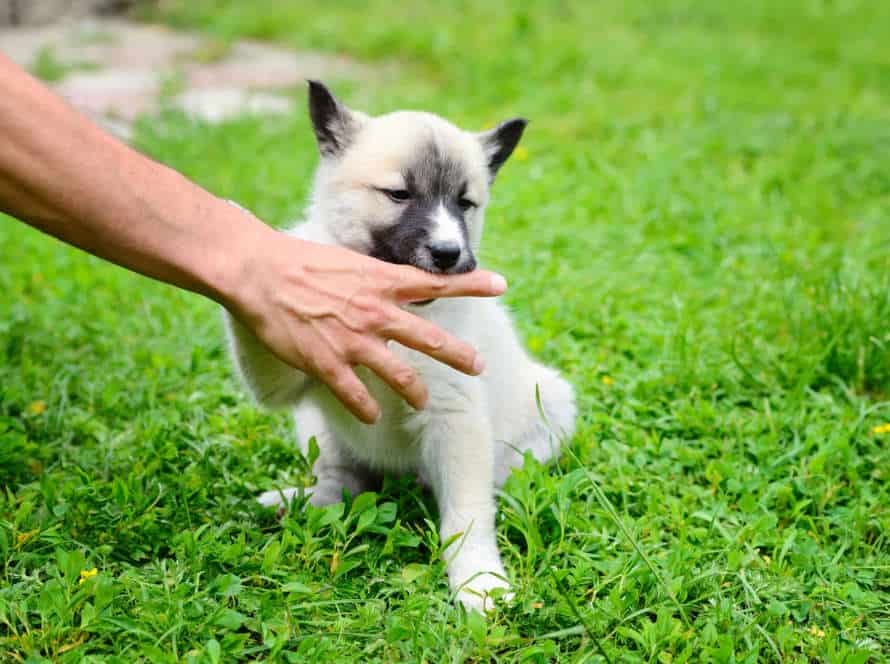Risks of Relying on Dog Parks for Socialization
Dog parks can be great for your pup’s socialization. But relying only on them can be risky.
Lack of control is one issue. The new environment can lead to unexpected behavior. This can cause fights and injuries.
Plus, there’s the risk of disease. Dogs of all kinds visit dog parks. Illness can spread quickly. To avoid this, get the necessary vaccinations.
Behavioral issues can also arise from over-socialization. Your pet can become overly excited, anxious, or aggressive.
To get a well-rounded socialization experience, combine dog park visits with other methods. Dog classes and controlled playdates are great options.
Understanding the Risks Involved with Dog Parks
Dog parks look like a great spot for your pup to meet friends and have fun. But, beware! There are risks. Disease, aggression between dogs, and even from strangers. Knowing these risks can help you decide if the dog park is right for your pup.
Risk of Disease and Illness
Taking your pup to a park is a great way to give them the socialization and exercise they need. But be aware of any risks that might come with it! Here are some possible hazards linked to dog parks:
- Dogs can spread diseases through saliva, pee, poo, or sneezing.
- Unvaccinated pets are especially at risk for illnesses from other dogs.
- Dogs can fight each other, or act in an aggressive manner.
- Fleas, mites, and ticks can all be passed from one pup to another.
To minimize these risks, make sure your dog’s vaccines are up to date. Keep an eye on their behavior, and always clean up after them. If there’s an outbreak of illnesses in the park, avoid it altogether.
Pro Tip: To further reduce the risk of exposure for your pup, visit a park during off-peak hours.
Risk of Aggression and Fighting
Taking dogs to the park can bring about serious risks. Aggression and fights can happen easily. Dog parks can be a place for negative behavior between dogs. Here are some reasons why:
- Owners not having control of their dogs can create tense situations.
- Not knowing other dog’s personalities can lead to fights.
- Dogs have a natural pack mentality, leading them to fight threats.
- An overstimulated environment can cause negative reactions.
To avoid these risks, it’s important to supervise your dog, train them for socialization, slowly introduce them to unknown dogs, and avoid peak hours at dog parks.
Risk of Injury
Visiting dog parks is a great idea for your furry pal to socialize and exercise. But, you must know the risks of injury that come with it. Here are a few things to remember:
- Rough play: Dogs might become rough or aggressive during playtime, leading to bites, scratches and other injuries.
- Parasites: Dog parks might be a breeding ground for parasites such as fleas, ticks and worms, which can be passed on to your pup.
- Illness: Dog parks may be a hub for illnesses like kennel cough, canine flu and parvovirus.
- Human interference: Interfering with dog interactions or trying to separate dogs during fights could put human safety at risk.
Make sure your pup is up-to-date with their vaccinations. Watch their behaviour and intervene if needed to keep them safe.
Pro tip: Be careful of peak hours at dog parks and try to visit during non-peak hours.
Alternatives to Dog Parks for Socializing your Dog
Dog parks are a great way to help your pet socialize. But, beware – they have hidden risks! Contagious illnesses, or unruly pups, could put your pet in danger. So, what are the alternatives?
There are many great options for socializing your pet. Let’s take a look!
Organized Playdates with Known Dogs
For a safer and more controlled socialization experience for your pup, consider organizing playdates with known dogs instead of going to dog parks. Dog parks come with hidden risks that could lead to negative experiences for your furry friend.
Here are alternatives to dog parks:
- Reach out to family or friends with well-mannered dogs and plan a playdate in a fenced backyard or park.
- Join a dog club or organization that organizes supervised play sessions in a secure location.
- Work with a professional dog trainer or behaviorist who can facilitate play dates in a controlled setting.
By avoiding dog parks, you reduce the chance of exposing your pup to diseases, injuries, aggressive dogs, or irresponsible owners. It also guarantees that your dog enjoys a positive experience.
Pro Tip: Keep your pup leashed in public and monitor their behavior during playdates to avoid accidents or conflicts.
Doggy Daycares
Doggy daycare is a great option instead of dog parks for socializing your pup! It provides a secure, supervised atmosphere, which is perfect for your pup’s socialization. Plus, it has lots of benefits like:
- Socialization – Your pup will be able to connect and play with other doggies of similar size, age, and temperament.
- Exercise – There’s plenty of space to let your pup run, jump, and play.
- Mental Stimulation – They have toys and activities to keep your pup entertained.
- Safety – Unlike dog parks, doggy daycare is safer since there are trained staff to handle any emergencies quickly.
Pro tip – When you’re picking a doggy daycare, look for a place with experienced staff, hygienic premises, secure enclosures, and a structured routine that includes socialization, exercise, and rest periods.
Dog Training Classes
Dog classes can be a great substitute for dog parks. Dog parks can be risky for your pup’s health and behavior. Dog training classes offer a regulated setting to teach your pup and help them to interact with other pooches and people.
Types of dog training classes include: obedience, agility and specialized classes for breeds or behavioral problems. These give your pup socialization and physical and mental stimulation.
Pro Tip: Before signing up for a class, research and choose a reliable provider that uses positive reinforcement methods. This will guarantee your doggo gets the right training and a good social experience.
Best Practices for Using Dog Parks Safely and Responsibly
Dog parks can offer a great opportunity for your pup to socialize and stay active. But, be aware of the hidden risks! Overcrowding and off-leash dogs are a hazard, as is the risk of diseases and parasites. With understanding and safety precautions, you can still use them responsibly. Here are the best practices for using dog parks safely. This way your pup can get the advantages of playtime and socialization with other dogs.
Vaccinations and Preventative Measures
Vaccines and preventive steps are essential for both you and your pup’s safety and wellbeing when using dog parks for socializing. Best practices for safe and responsible dog park use:
- Check that your dog’s vaccinations are up-to-date.
- Keep pup on a leash until the off-leash area is reached. This helps them stay in control and prevents them from running off.
- Always keep an eye on your dog and avoid using your phone or getting distracted.
- Know your pup’s behavior and remove them from the park if they show signs of aggression or fear.
- Clean up after your pup and discard waste properly.
By following these preventive measures, you can guarantee a safe and positive experience at the dog park. Pro tip: Schedule regular vet check-ups for your pup to make sure they are healthy and secure from any potential illnesses.
Monitoring your Dog’s Behavior
It’s vital to keep an eye on your pup when you take them to the dog park for socialization. Here are some tips for a safe, fun experience:
- Check your pooch’s behavior. Monitor their body language and watch for signs of aggression, fear, or anxiety. Step in if necessary.
- Adhere to the rules. Read and stick to the park regulations. Don’t bring your dog if their vaccinations aren’t up-to-date. Put them on a leash until they reach the off-leash area.
- Don’t overcrowd. Don’t go to a dog park that is too busy. Overcrowding can cause stress which can lead to aggressive behavior or injuries. Go during quieter hours.
- Interact with your pup. Stay engaged and play, exercise, and interact with them. This will help prevent any bad behavior as their attention will be on you, not other dogs.
Remember, your ability to recognize problematic interactions and intervene is key for your pup’s socialization. Lower the intensity by either removing one of the dogs or taking a break away from the other pooches. These tips will help ensure your pup gets plenty of exercise and socialization without compromising their safety.
Being Aware of the Surroundings and Other Dogs
Dog parks can be great for socializing your pet. But it’s important to watch out for safety and well-being. Here are some tips for using them responsibly:
- Observe your pup’s body language and mood. If they seem nervous or aggressive, best to stay away.
- Make sure vaccinations and flea/tick prevention is up-to-date.
- Keep an eye on your dog and other dogs to avoid fights or injuries.
- Pick up after your pet to keep the park clean.
- No toys or food in the park, this can lead to aggression.
- Always be vigilant. If the situation looks unsafe, leave. Better to be cautious.
Conclusion: Making Safe and Informed Choices for your Pet’s Socialization Needs
To sum it up, dog parks can be great for socializing and exercise. Nevertheless, we must take the risks into account. It is important to pick the right environment to socialize your pet. Here are some tips on how to do it:
- Learn your pet’s personality and sociability level for best results.
- Try to avoid overcrowded parks and know when your pet or other pets are distressed.
- Have playdates with people you trust.
- Always watch over your pet in new environments.
- Make sure your pet is vaccinated and healthy before socializing.
It is always important to prioritize your pet’s safety and well-being. With the right decisions and precautions, you can give your pet the socialization and exercise they need in a secure environment.
Frequently Asked Questions
1. How important is socialization for dogs?
Socialization is extremely important for dogs as it helps them develop comfortable interactions with other dogs and people. It also helps prevent behavior problems commonly seen in dogs that lack socialization skills.
2. Is relying solely on dog parks for socialization a good idea?
Relying exclusively on dog parks for socialization can be risky. Dog parks are uncontrolled environments where there can be unpredictable behavior by dogs and their owners, which can lead to fights, injuries, or worse.
3. What are the risks of going to dog parks for socialization?
The risks of going to dog parks for socialization include encountering aggressive dogs, the spread of diseases or parasites, getting injured during play or by digging, and being exposed to extreme weather conditions.
4. How can I safely socialize my dog?
One way to safely socialize your dog is by joining group obedience classes or doggy daycare centers. This will allow your dog to interact with other dogs in a more controlled environment, with supervision from professionals who can help ensure safety.
5. What can I do to avoid risks when visiting a dog park?
To avoid risks when visiting a dog park, be sure to supervise your dog at all times, be aware of the park’s policies and rules, and be cautious of aggressive behavior. Keep your dog up to date on vaccinations and use preventative measures to protect against parasites.
6. What should I do if I encounter aggressive behavior at a dog park?
If you encounter aggressive behavior at a dog park, remove your dog from the situation and report the incident to the park management. Additionally, seek medical attention for your dog if necessary and consider finding alternative socialization methods.







